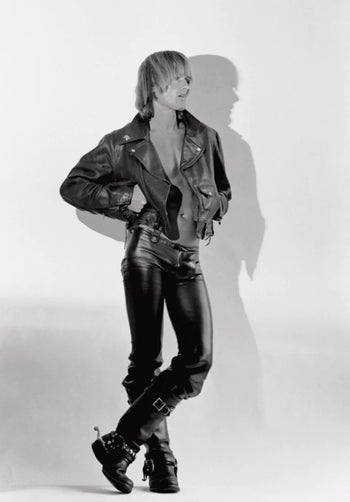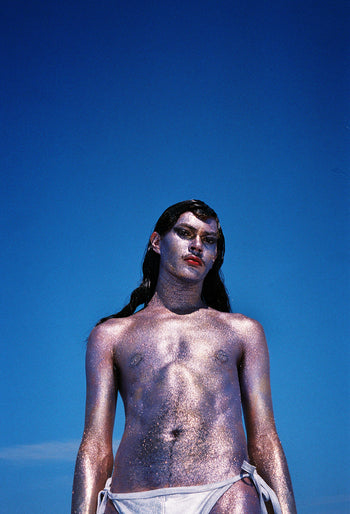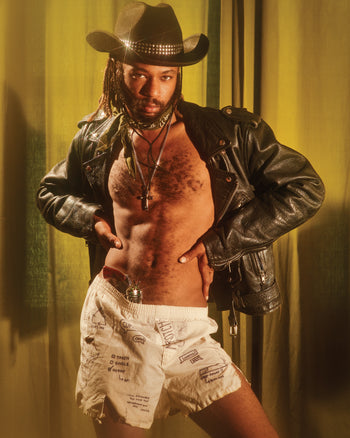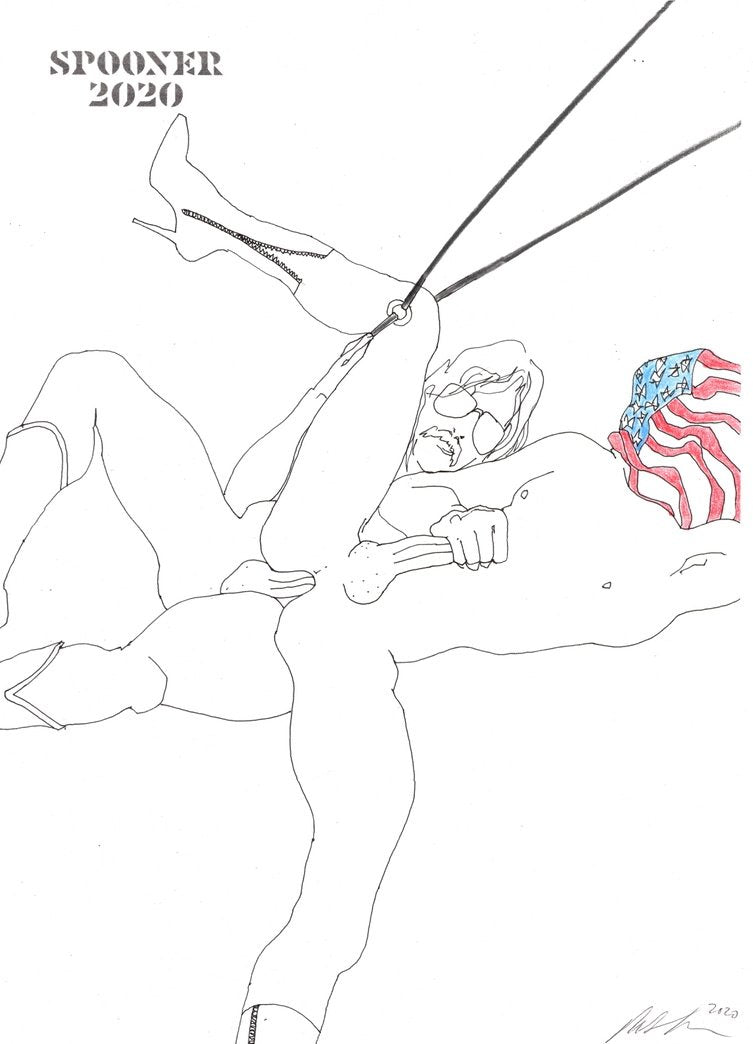Bob Mizer
Physique Pictorial
Vintage Physique Pictorial - Volume 11 Issue 4
Details
The father of physique magazines was Bob Mizer (1922-1992). In 1945 Mizer started the Athletic Model Guild in Los Angeles as a modeling agency for male body-builders. Mizer, a self-taught photographer, recruited and photographed the models, carefully listing their vital statistics along with their real names and ages. Mizer sold his photos by mail, advertising them in men's magazines. By 1951 Mizer's catalog was so extensive that he began to collect his photos and sell them in a magazine format. Thus began Physique Pictorial.
The first publication of its kind, Physique Pictorial showcased a generation of male pinups and bodybuilders, including the recently-deceased Jack LaLanne, Little Joe Dallesandro, Steve Hercules Reeves, and Mickey Hargitay (the husband of Jayne Mansfield and the father of Mariska Hargitay). Physique Pictorial also showcased the art of George Quaintance, Tom of Finland and Art-Bob. Physique Pictorial became a hit with thousands of men, and it was soon joined by a slew of imitators who hoped its success would rub off on them.
- Volume 11 Issue 4
- Mint Condition
- 5.5 x 8.5 inches (14 x 22 cm)
Bob Mizer
His photography was a seedbed for a myriad of image makers, both amateur and professional – such as Robert Mapplethorpe, David Hockney, Jim French, Bruce Weber and Andy Warhol. Using home made sets, or light and slide projections, Bob Mizer prefigured what would later become ‘constructed’ photography in the early 1980’s. Mizer also produced the widely circulated men’s magazine, Physique Pictorial, which introduced and promoted the artists, Quaintance and Tom of Finland to the world at large. By producing Physique Pictorial, Mizer infiltrated/flooded American culture with images of men and a fantastic spectrum of masculinity. Working out of his house in Los Angeles, Mizer created his legendary studio, Athletic Model Guild, part business, part watering hole and wayward house for youths, but primarily ground zero for the new era of male imagery. With knowledge of art history and film, Mizer’s work was meticulous, intelligent, humorous, and eloquent – a language that could only come from the mid-century, golden age of Southern California.













